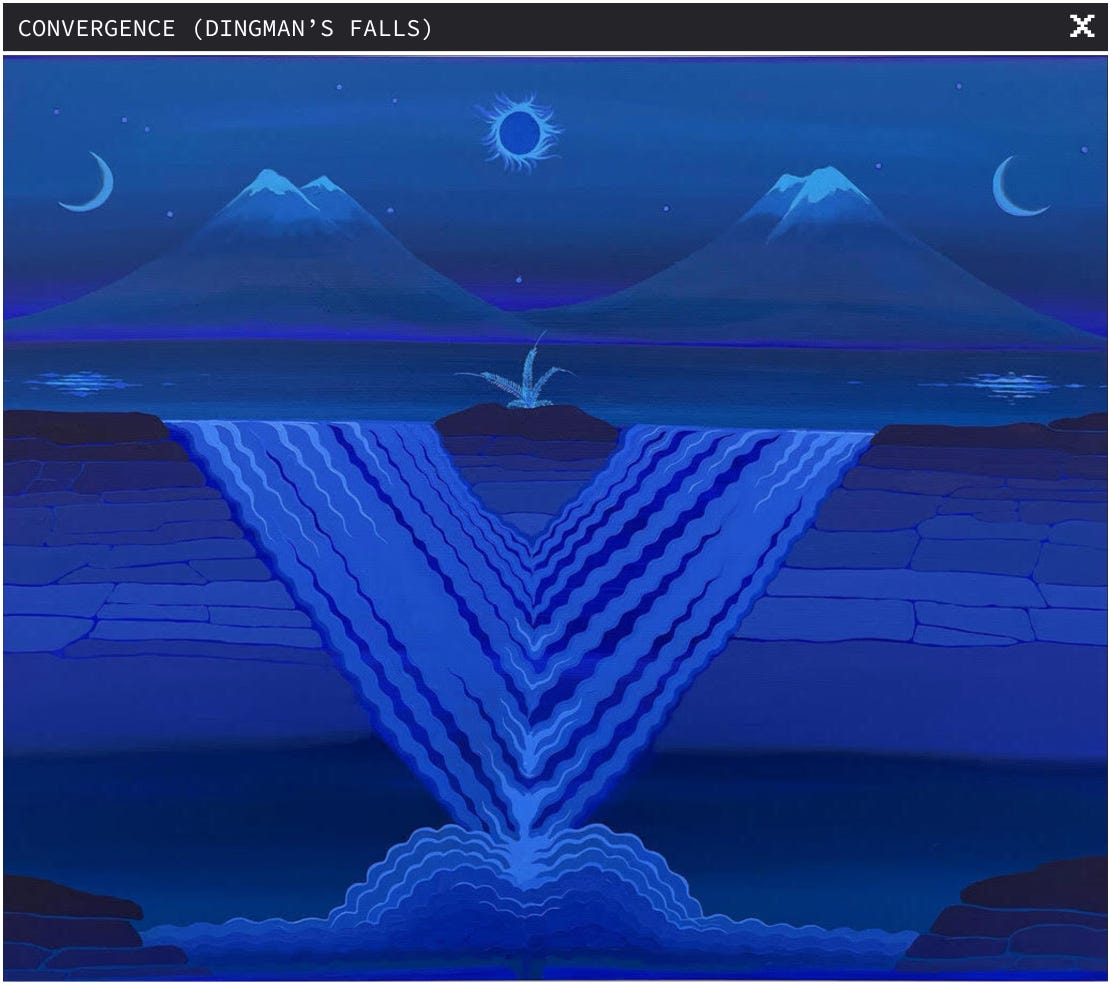This week’s Smesher offers food for thought about the universe and the human brain. It’s a five-course meal, so leave room for it all. Bon Appetit.
Hors d'oeuvre: Sci-fi Film
Do you, too, on your bad days, entertain the idea of the multiverse? The possibility of several yous out there. Some of them, perhaps, having a better day? If so, then watch the trailer of Everything Everywhere All at Once. Or better yet, watch the film. IT WILL BLOW YOUR MIND.
Appetizer: Two filmmakers and a neuroscientist walk into a bar

The creators of the film Everything Everywhere All at Once (how long, do you suppose, before it’s referred to as EEAO?), The Daniels (Daniel Kwan and Daniel Scheinert), interviewed neuroscientist David Eagleman, whom they described as
“interested in the gap between what is known and what is unknowable.”
The interview is about science, fiction, storytelling, and moving forward through contradiction. Do read it, but leave room for…
The salad: A 126-year-old hypothesis explained
Is the universe most likely a simulation? Are we no more than a brain floating in space? This Up and Atom 13 minute video, takes you through the Boltzmann Brain hypothesis one step at a time.
The main course: How space travel impacts the human brain
Twelve cosmonauts who spent an average of six months aboard the International Space Station were scanned in an MRI scanner pre-flight, ten days post-flight, and seven months after the flight. Scientists found specific changes to the white matter in astronauts’ brains. Read a summary by Medical News Today or delve into the full research in Frontiers in Neural Circuits.
Dessert: Separated at birth, human neurons and cosmic web
In a beautiful, almost poetic article, author and tech philosopher Tom Chatfield, mentions a research into the similarities in the structures of the human brain and the cosmic web. “The tantalising degree of similarity that our analysis exposes seems to suggest that the self-organisation of both complex systems is likely being shaped by similar principles of network dynamics, despite the radically different scales and processes at play.” This is a quote from the research that Chatfield includes in his article. Read the full article in New Philosopher, and then go out and watch the stars.
Now it’s time to undo one button and pour yourself a digestif. We recommend Blur’s Out of Time.
P.S.
If you’re getting this email twice, we apologize for Substack. The bug is “under review and will be solved soon.” :)








